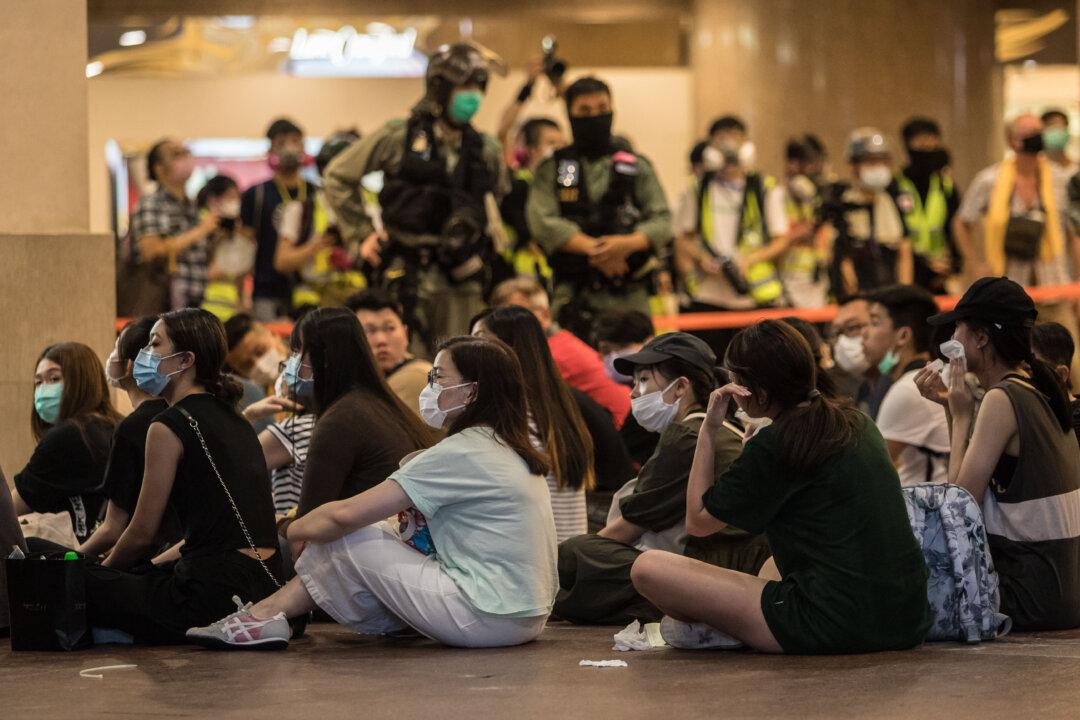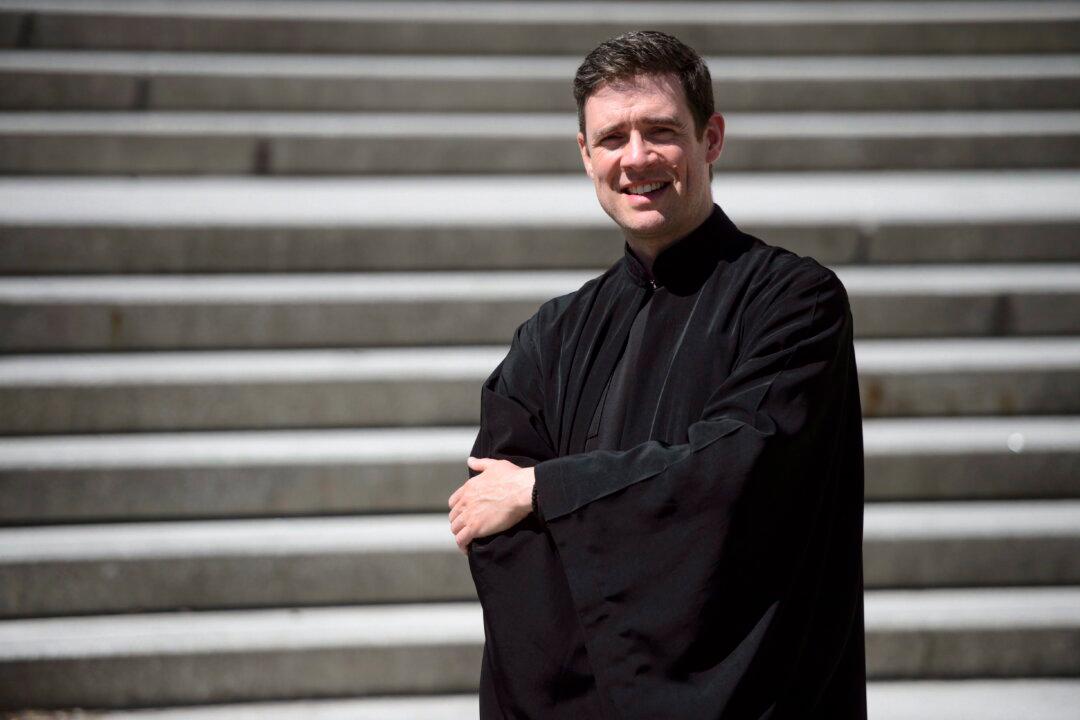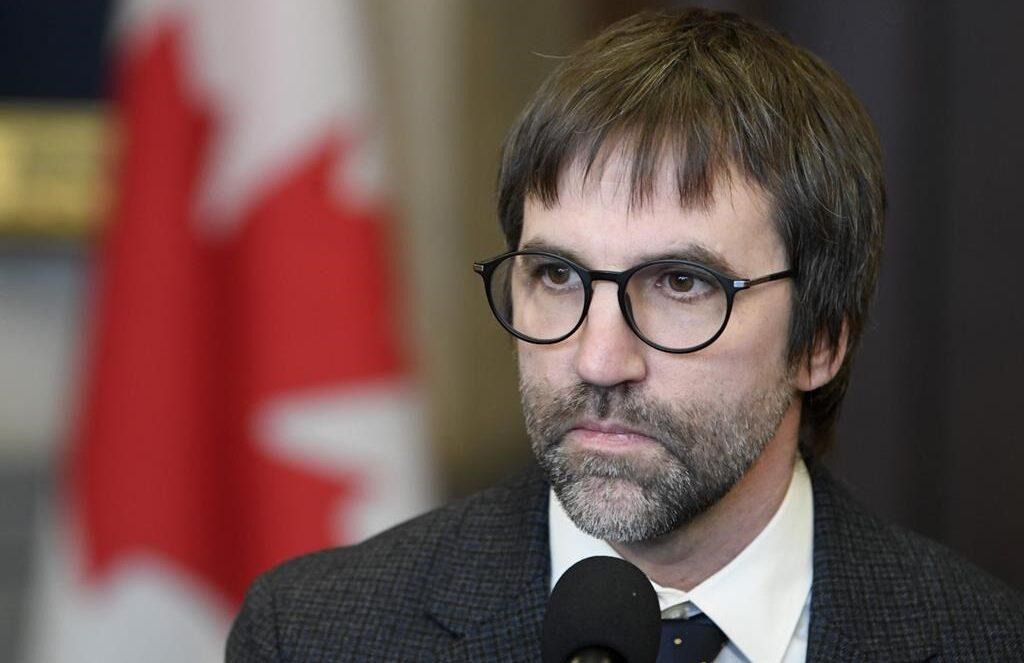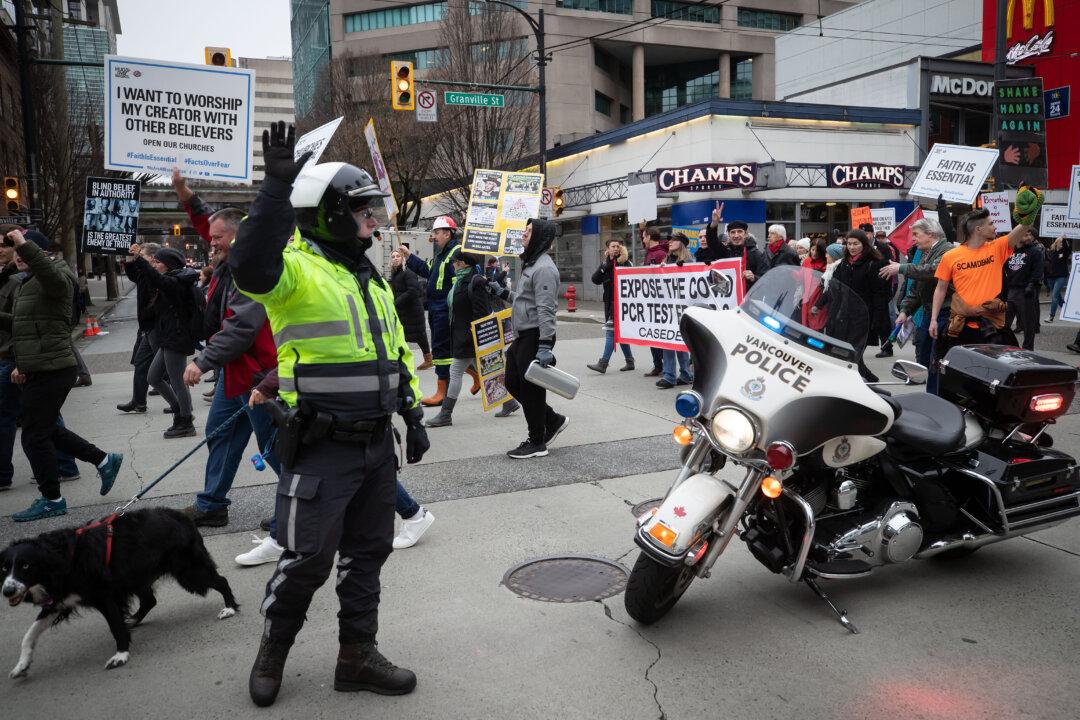Recent events in Hong Kong have shown that Beijing has now abandoned any semblance of following the rules and is capable of anything to maintain its grip on power, says Gloria Fung, president of Canada-Hong Kong Link.
“The Beijing and Hong Kong governments do not show any respect for rules… as long as it serves their own best interests, they are willing to destroy all the rules that they have established themselves, and they can do it in any manner that they like,” she said.
From abandoning promises of the ‘one country two systems’ by imposing the new national security law, to mass arrests of democracy activists, to postponing the Hong Kong election, to disqualifying pro-democracy candidates who planned to run for office—these actions should serve as a lesson to the rest of the world that Beijing’s word cannot be trusted, says Fung.
“If they could break promises to the Hong Kong people, they could do the same to other international allies in the future,” she said.
Beijing’s national security legislation for Hong Kong, signed into law on June 30, stipulates punishment up to life in prison for acts of subversion, terrorism, and “collusion with foreign forces.” It also calls for the creation of a security agency in Hong Kong under the direct control of Beijing.
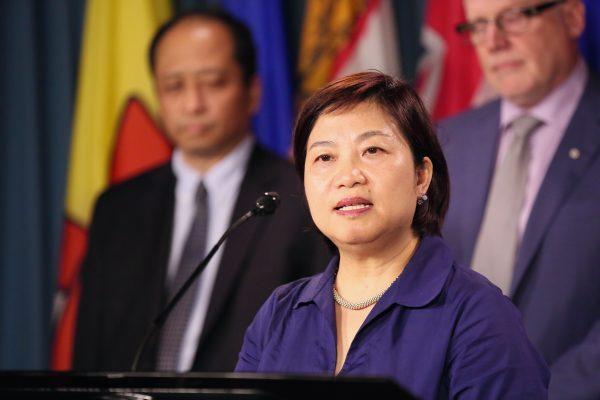
Since the security law came into effect, several high-profile democracy activists and influencers have been detained including outspoken media tycoon Jimmy Lai, owner of Hong Kong’s Apple Daily, and pro-democracy activist Agnes Chow.
“We are in a status—you can call it a reign of terror,” said Leung Kwok-hung, also known as “Long Hair,” a prominent democracy activist and former legislator, on The Epoch Times American Thought Leaders program on Aug. 19.
“The consequence of the imposition of the security law in Hong Kong actually is like the rule of law in Hong Kong does not exist anymore.”
As Hongkonger’s rights continue to be eroded and activists targeted, it has created an “atmosphere of white terror” in the city, Fung said.
“We really feel that Hong Kong is going through a political and also human rights crisis now.”
Yet, Fung is encouraged by the support for Hong Kong she’s seen in Canada and the international community, as countries around the world have spoken out against the regime’s actions. In addition, many countries, including Canada, have suspended extradition agreements with China in response to the security law.
Last week, Canada-Hong Kong Link joined rallies held across the country, calling on Ottawa to institute a “Safe Harbour Program” for Hong Kongers. This would include an expedited process to grant permanent residency status to Hong Kongers at risk of political persecution. The rallies also called on Canada to apply sanctions against specific Chinese and Hong Kong officials involved in instituting the national security law as well as other human rights abuses.
Over two dozen Canadian organizations and more than 70 Canadian politicians have signed a joint statement supporting a move to invoke Magnitsky sanctions against Chinese and Hong Kong officials “who are directly responsible for the human rights atrocities happening in Tibet, occupied East Turkestan (Xinjiang), and Hong Kong.”
Fung says she thinks Beijing decided to assert its control of Hong Kong during the global pandemic in hopes that other countries would be too distracted by their own challenges to fight back. She thinks China “didn’t expect” the strong international condemnation it received, but democracies including Canada still need to do more to help Hong Kong before the situation deteriorates further.
“Hong Kong is at the front-line fighting against the Chinese Communist authoritarian regime, which is a major threat to global democracy,” she said, adding Canada needs to go beyond verbal condemnation and adopt concrete actions such as sanctions, to help halt Beijing’s encroachment on Hong Kong’s freedoms.
“Canada needs to work closely with international allies to institute a strong policy toward China and Hong Kong. It is time for Canada to take meaningful action to show leadership on the world stage.”
“What is happening in Hong Kong is not just a Hong Kong issue,” she adds.
“With 300,000 Canadians living there, and also hundreds of Canadian corporations operating in Hong Kong, this is also a Canadian issue.”
